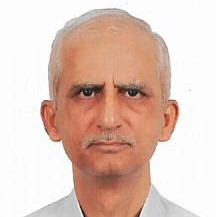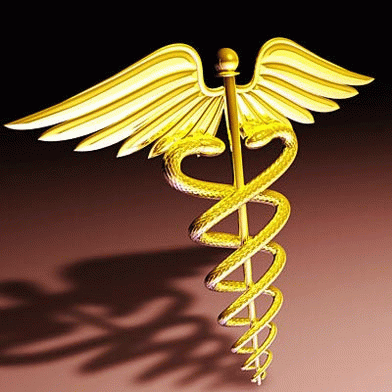The starting as well as the central point of any healing is the faith that the patient has for the doctor. This faith implies that the patient believes that the best is being done to heal the disease he (or she) is suffering from. When the patient is content about this, he is prepared to wait for the disease to improve. He accepts whatever hurdles or delays that may occur during the process of recovery. The reassuring words from the physician strengthen his faith.
This faith that the patient has, can also involve faith in the institution or hospital where he is undergoing treatment. He believes that the place where he has come seeking relief would finally turn out to be good for him. Faith also matters in the case of a child who believes that his parent or guardian is taking care of him. Faith is a deep seated feeling that leads to contentment and soothes the questioning mind.
Faith is essential for healing to take place regardless of the kind of treatment that is actually given. Without faith the mind is active and restless. This has repercussions on the immune system. The new field of psychoneuroimmunology [1 2 3 4 5] has validated the reality of mind-body-spirit medicine [6 7 8 9]. Where there is faith, the feeling is positive and this helps the body's built-in mechanisms of healing.
Therefore a basic requirement for a successful health outcome would be to ensure that the care given at the healthcare setting strengthens the faith of the patient. Whatever facilities that are available to the patient become meaningful in this context. Hi-tech facilities may attract the patient but may not strengthen the inner feeling of faith; thus such facilities need not always mean better health outcome.
The physician should live up to the faith reposed in him by arriving at the cause of the disease process just as the archer aims at the "bull's eye'. He needs to use his medical knowledge and clinical acumen to zero-in on the cause as soon as possible and start the appropriate treatment. The rest of the healing should be left to the body's built-in mechanisms; or in lay-man's term left to "nature'. It is unnecessary as well as virtually impossible to understand every mechanism underlying "nature'.
The central role of faith has implications on how medicine is taught to students. The young medico needs to learn the bio-medical aspects by acquiring a sound knowledge of the basic sciences - anatomy, physiology, biochemistry, pathology, micro-biology and pharmacology. Even as he learns the basics of clinical examination, he needs to learn the art of dealing with the patient and his concerns. He needs to understand the central role of faith in healing and that his own medical knowledge and skill only help to supplement the body's built-in mechanisms of healing.
Post-graduate learning in medicine should concentrate on the student's ability to manage various disease conditions and lead to perfection of clinical acumen. Acquiring more and more theoretical knowledge without physician-patient interaction is of little use and would only serve to distract the budding physician from targeting the "bull's eye'. Sir William Osler's emphasis on bedside medicine acquires a new dimension in the context of the new-found validity of mind-body-spirit medicine.
Presently modern medicine does not recognize the role of faith and the reality of mind-body-spirit medicine. Relying purely on the bio-medical aspects has led to a mechanical approach to diseases. Consequently, there is lack of clarity regarding the extent to which physician should intervene while managing the disease processes. There is uncertainty, in the face of rapid scientific advances, on how medicine is to be taught and how budding doctors are to be evaluated.
The quality of health care would eventually depend on how well the roles of the health care professional, the health care setting, medical advances, medical education and research are synchronized to supplement and support the central nature of faith and the hidden reality of mind-body-spirit medicine. One reason for the world wide rise in health care costs is an approach to health care that is almost exclusively from without, while matters concerning health and health care become greatly simplified if they are viewed from within.
References: (All references accessed on 17th April, 2011)
1. Mausch K. The Psyche, the Immunological system and the problems of Health and Disease. Psychiatr Pol. 1995 Jul-Aug;29(4):435-41.
2. Lutgendorf SK, Costanzo ES. Psychoneuroimmunology and health psychology: an integrative model. Brain Behav Immun. 2003 Aug; 17(4): 225-32.





